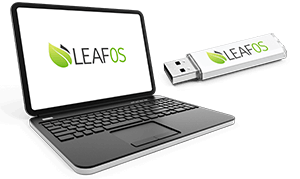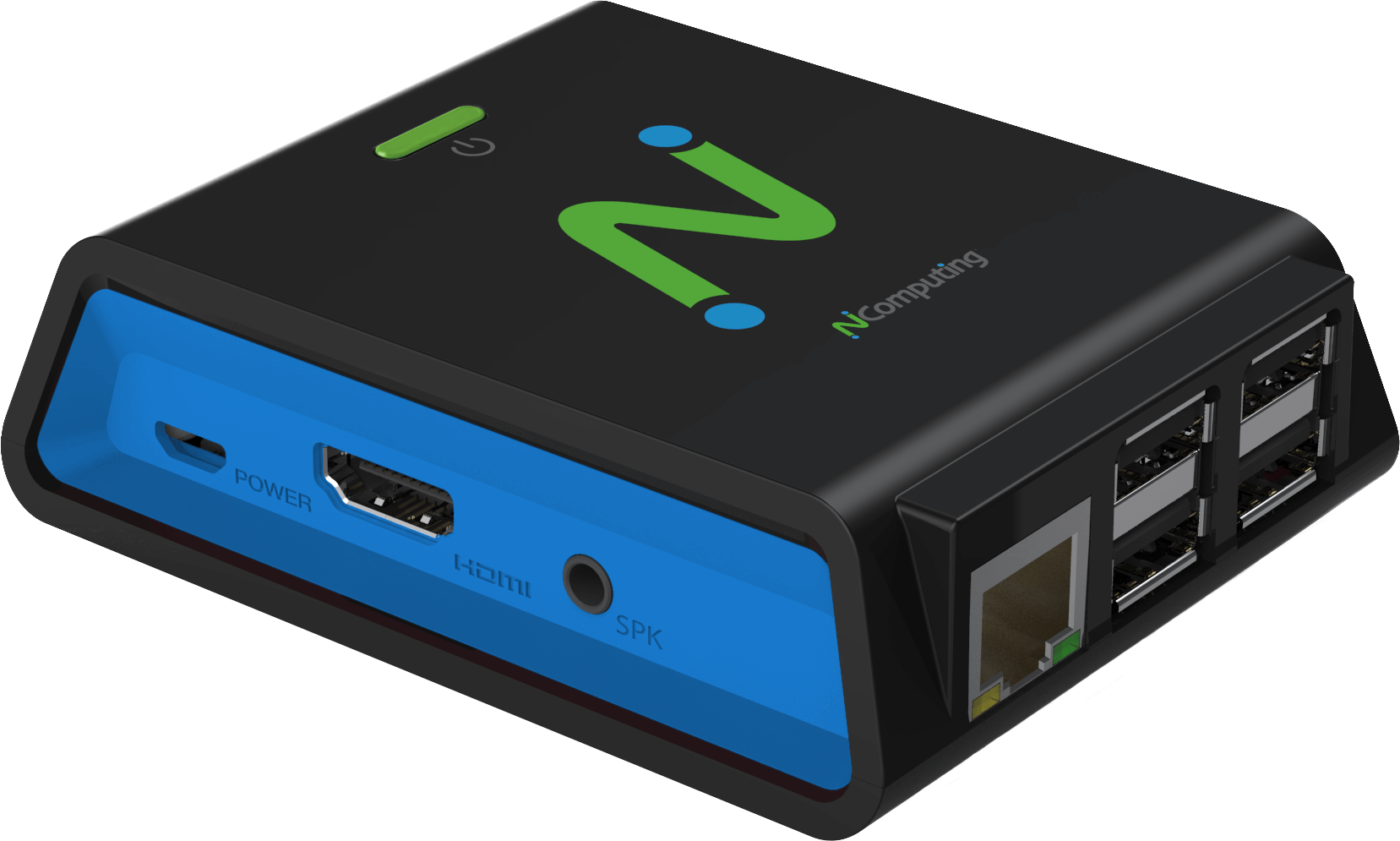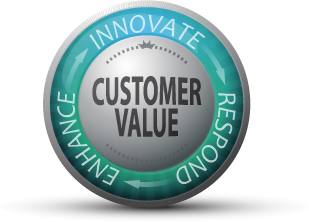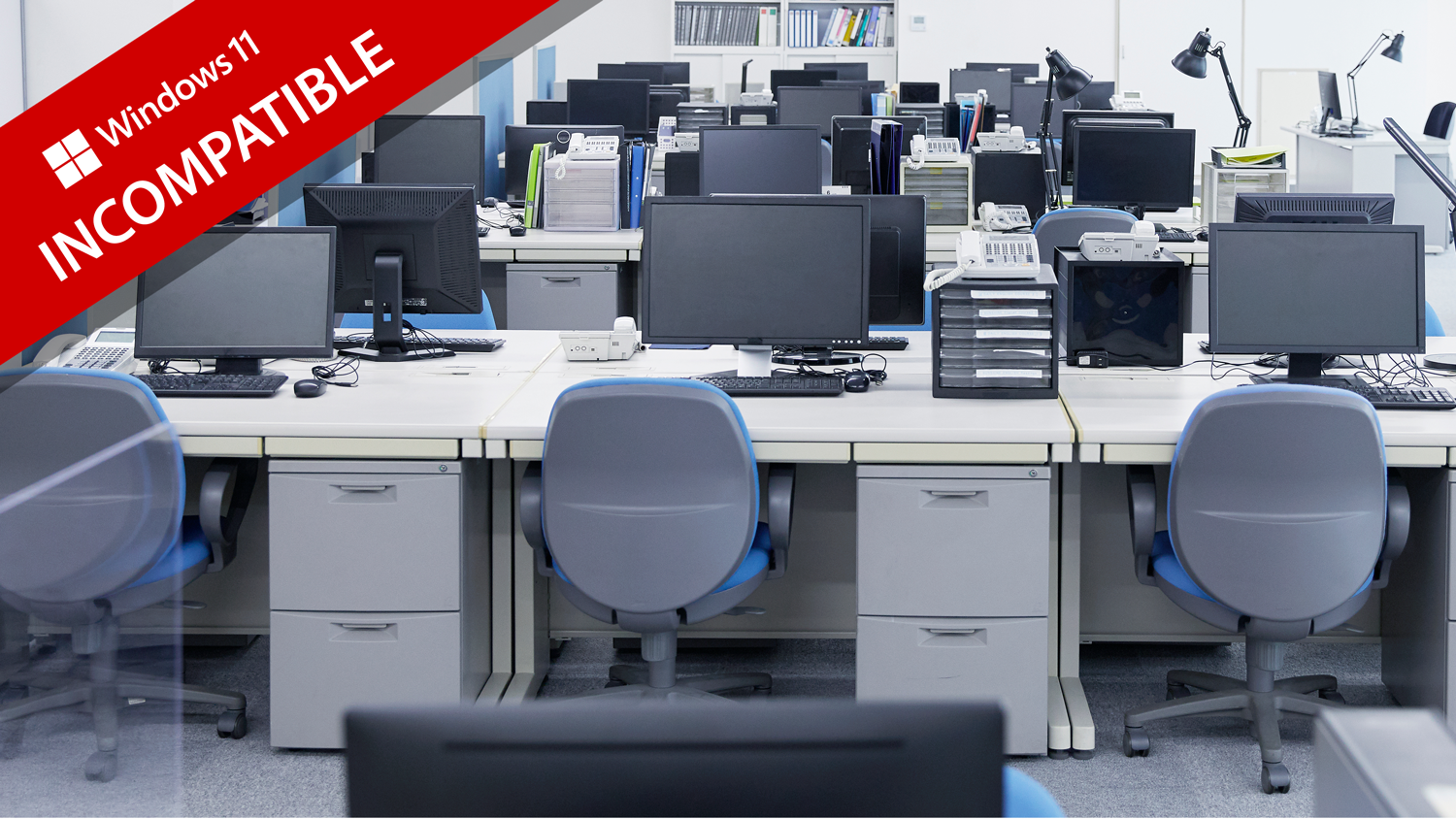
As Windows 10 approaches its End-of-Life (EOL) support, many organizations face the daunting task of migrating to Windows 11. However, many PCs and laptops are incompatible with the new operating system due to older CPU processors, insufficient memory or storage, and a lack of Secure Boot capability or TPM security support. This incompatibility can lead to significant challenges, including the need for expensive hardware upgrades, increased security risks, and extended downtime during the migration process.
The Challenge
Windows 10 EOL means Microsoft will no longer provide updates, patches, or security fixes, leaving systems vulnerable to new threats. Organizations with incompatible hardware face a tough decision: invest in new devices or continue using outdated systems with increased risk. Both options have considerable costs and logistical challenges, from procurement and deployment to training and support.
A Sustainable Solution: NComputing LEAF OS
NComputing offers a compelling alternative with its LEAF OS software endpoint solution. By repurposing incompatible PCs, laptops, and outdated thin clients with LEAF OS, a lightweight and fully locked-down thin client OS based on Linux with minimum system RAM requirements (4GB) and storage (8GB), organizations can extend the life of their current hardware and seamlessly migrate to Windows 11. Here's how it works:
- Repurposing with LEAF OS: Install NComputing LEAF OS on PCs/laptops/thin clients to transform them into efficient, secure, cloud-ready endpoints.
- Running Windows 11 in the Cloud: To run Windows 11 virtually, utilize Microsoft Azure Virtual Desktop (AVD) and Windows 365. This approach ensures that even older hardware can support the latest OS without needing direct compatibility. LEAF OS also supports other popular DaaS and VDI solutions, such as Citrix, VMware, Amazon Workspaces, and Microsoft RDS, providing additional flexibility.
- Centralized Management: With NComputing PMC Endpoint Manager, IT administrators can centrally manage all NComputing endpoints regardless of their deployed locations, ensuring consistency across the organization in security, updates, and configurations.
Expanding Options with New Hardware
NComputing offers an innovative and cost-effective solution if organizations need to purchase new PCs and laptops. Instead of investing in full-fledged Windows PCs and laptops, consider our highly optimized AVD and Windows 365 endpoints based on Raspberry Pi solutions: RX420(RDP) and RX440(RDP). These endpoints provide PC-like performance while running Windows 11 in the cloud.
Broad DaaS and VDI Support
LEAF OS supports many popular DaaS and VDI solutions, providing many options to run Windows 11 in the cloud or on-premise. Supported VDIs include:
- Amazon Workspaces
- Citrix
- Microsoft Azure Virtual Desktop (AVD), Windows 365, Windows 365 Frontline
- Microsoft Remote Desktop Services (RDS)
- NComputing vSpace
- NComputing VERDE VDI
- VMware Horizon
Green IT Benefits of LEAF OS and NComputing Endpoints
- Extended Hardware Life: By repurposing existing devices with LEAF OS, organizations can significantly extend the useful life of their current PC and laptop inventory, reducing e-waste and maximizing return on investment.
- Improved Performance: LEAF OS is lightweight and optimized for cloud computing, making older devices run faster and more efficiently.
- Enhanced Security: Running Windows 11 in the cloud ensures that the latest security updates and patches are consistently applied, mitigating the risks associated with outdated hardware. Endpoints running NComputing LEAF OS benefit from a fully locked-down lightweight Linux OS, which minimizes the attack surface. Firmware updates and patches are easily deployed using NComputing PMC Endpoint Manager.
- Cost Savings: Avoid the high capital expenditure associated with purchasing new devices. Instead, leverage existing infrastructure and reduce ongoing IT maintenance costs.
- Simplified Management: Centralized endpoint management through NComputing PMC Endpoint Manager streamlines IT operations, reducing the time and effort needed to maintain and secure the endpoint fleet.
- Optimized New Hardware: The RX420(RDP) and RX440(RDP) endpoints provide a cost-effective alternative to traditional PCs and laptops, delivering robust performance and seamless integration with Windows 11 in the cloud.
- Sustainable IT Practices: By reusing existing hardware and minimizing the need for new device production, organizations can significantly reduce their environmental footprint and contribute to greener IT practices.
Conclusion
The transition to Windows 11 can be simple for IT administrators. By reusing existing PC and laptop infrastructure with NComputing LEAF OS, organizations can migrate to Windows 11 efficiently and cost-effectively. Additionally, NComputing's optimized endpoints based on Raspberry Pi offer a powerful and economical alternative when new hardware is needed. This approach reduces capital expenditures and lowers the total cost of ownership while enhancing security and performance. Embracing this solution supports sustainable IT practices and provides broad VDI support, allowing businesses to navigate the end of Windows 10 support seamlessly, ensuring they remain secure and productive in the modern computing landscape.

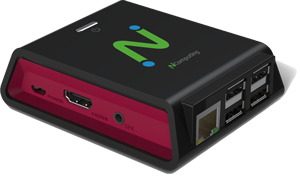
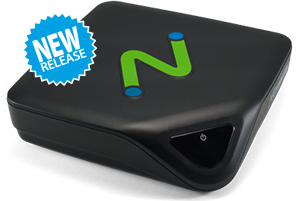
-menu.png)
